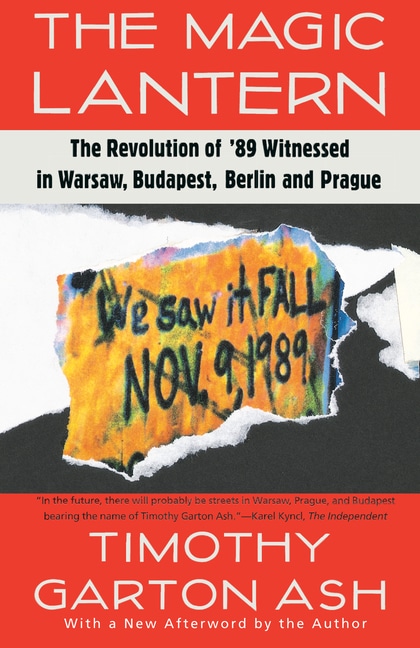Showing the single result
About Timothy Garton Ash
Timothy Garton Ash, a renowned historian and acclaimed author, is notably recognized for his astute analyses of European contemporary history. Born on July 12, 1955, in London, Ash attended Exeter College, Oxford, where he graduated with a degree in Modern History. After his time in Oxford, he studied in Berlin, thus furthering his passion for history, which resulted in a deep exploration of the post-war era, the fall of communism, and the process of European unification.
Timothy’s class-leading approach has led to him being recognized as an expert in his field, respected not just within academia but also by policymakers globally. He has authored and edited over ten books, some of which have been translated into more than fifteen languages. His most celebrated works include “The Polish Revolution: Solidarity,” “The Magic Lantern,” and “Free Speech: Ten Principles For A Connected World.”
Currently, Ash is Professor of European Studies at the University of Oxford, Isaiah Berlin Professorial Fellow at St Antony’s College, Oxford, and a Senior Fellow at the Hoover Institution, Stanford University. Throughout his decorated career, he has received numerous awards, including the George Orwell Prize for his contribution to political writing. More than just an academic, Timothy Garton Ash is a dedicated historian committed to understanding and explaining the complex web of modern European history.
